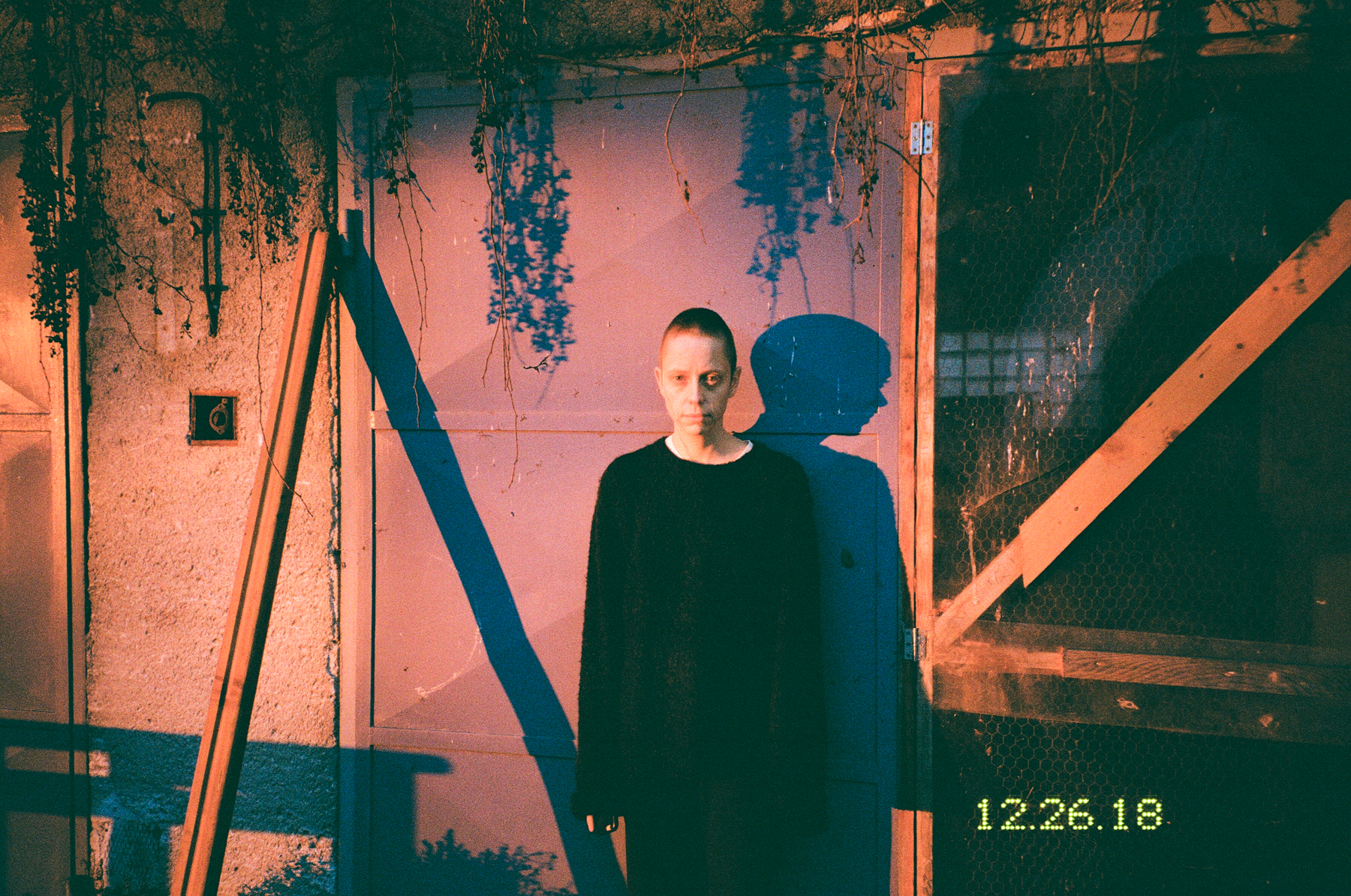Marie Tomanova couldn’t leave the US. She had to wait for her green card in the fall of 2018 before she could return to her hometown in Mikulov, Czech Republic. As soon as she did, she flew and stayed there for a month. A lot happened that she couldn’t process: her mother’s wedding to her stepfather, spending Christmas with her family after almost a decade of not having seen them, New Year’s with old friends, and sleeping, once again, in the bedroom where everything, including her drawings on the wall, looked the same. So much felt familiar. Only she didn’t feel the same. She was a foreigner in her hometown, a tourist trying to navigate the local life. Pain, confusion, and disillusionment plagued her, so much that she took out her camera and started taking pictures of the people and objects that once mattered to her.
It Was Once My Universe is the photo book of Marie that documents her displacement when she visited her hometown between December 2018 and January 2019. Her story began when she signed up for a year-long au pair program in the US. “I could’ve ended up almost anywhere, as long as it was far away, and I felt that the US was so far from Mikulov,” she says, currently en route to Japan for her book launch. “I thought I was leaving my home for six months, a year at most. I never imagined it would be eight years before I could come back.”
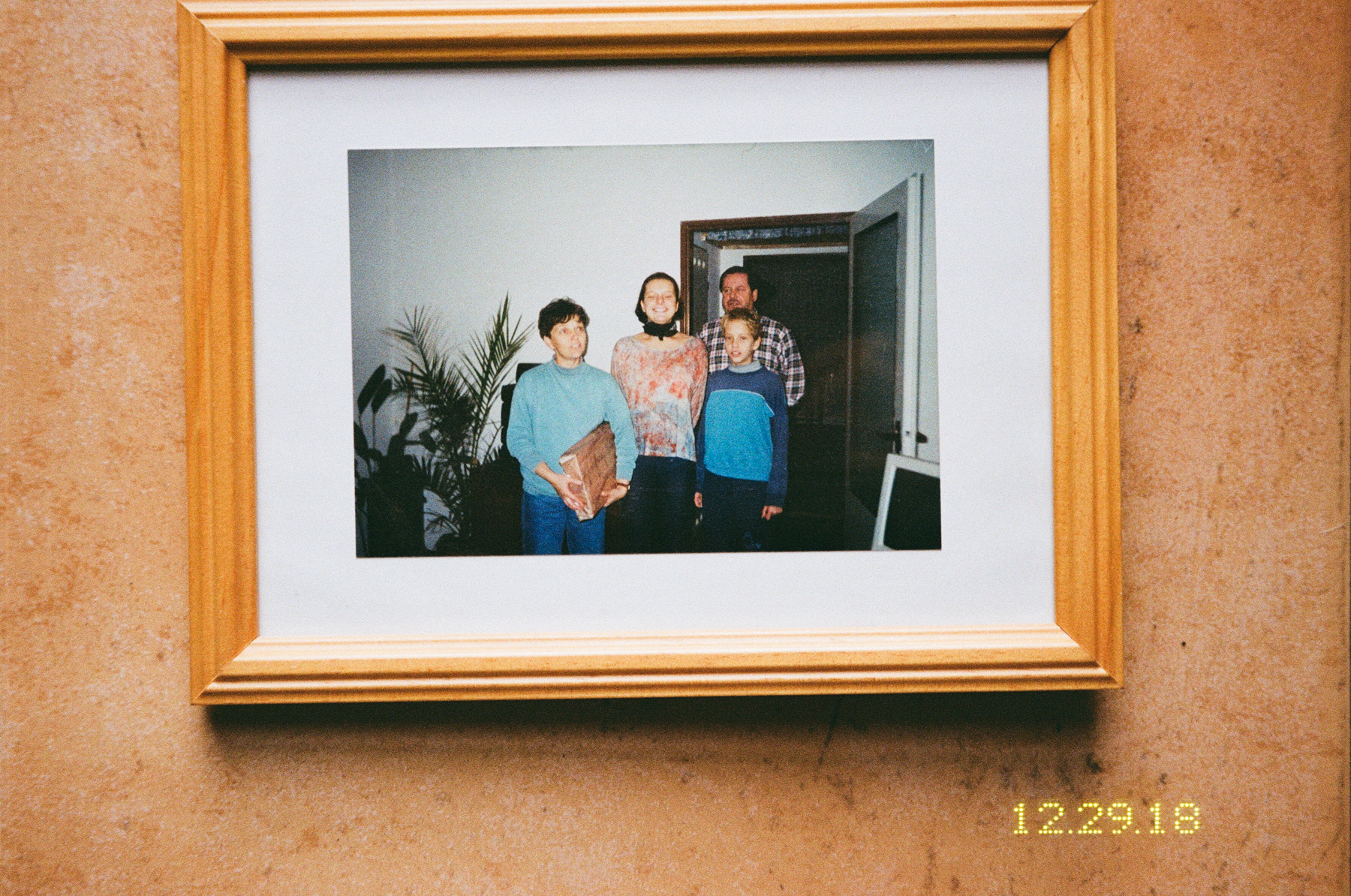
She left Mikulov on February 2011 and landed in North Carolina with one piece of luggage, poor English, and very few expectations. She admits she wasn’t scared of the unknown, but she also couldn’t prevent the feeling of isolation and loneliness that dawned on her. In her words, she knew nobody and nobody knew her. The biggest culture shock was how big everything seemed in the US. “The freeways, the coffee cups, the food. I didn’t realise it was such a huge country,” she says. She wanted to explore the vastness of the US, maybe even repair her displacement along the way. So, when her au pair program in North Carolina ended, she moved to upstate New York, another unknown territory for her.
New York City allowed Marie to discover who she had always wanted to be: a photographer. On the streets of New York, she met people she photographed and built connections that were alike but still different from the ones she had in Mikulov. New York Skyscrapers, diverse cultures, and endless discoveries might have fed her curiosity, but they weren’t enough to relieve the homesickness she felt from time to time. Then, her immigration status became complicated, locking her in the US. She had never been away from her family for so long and was becoming desperate to visit them. But it was either them or the US: her family over her pursuits in life. “I couldn’t have both. I was torn. Where did I belong? I didn’t want to lose everything I had built over the years in the United States. I chose to wait and stay at the cost of losing time that I could have spent in the closeness of my family,” she writes in her photo book’s foreword.
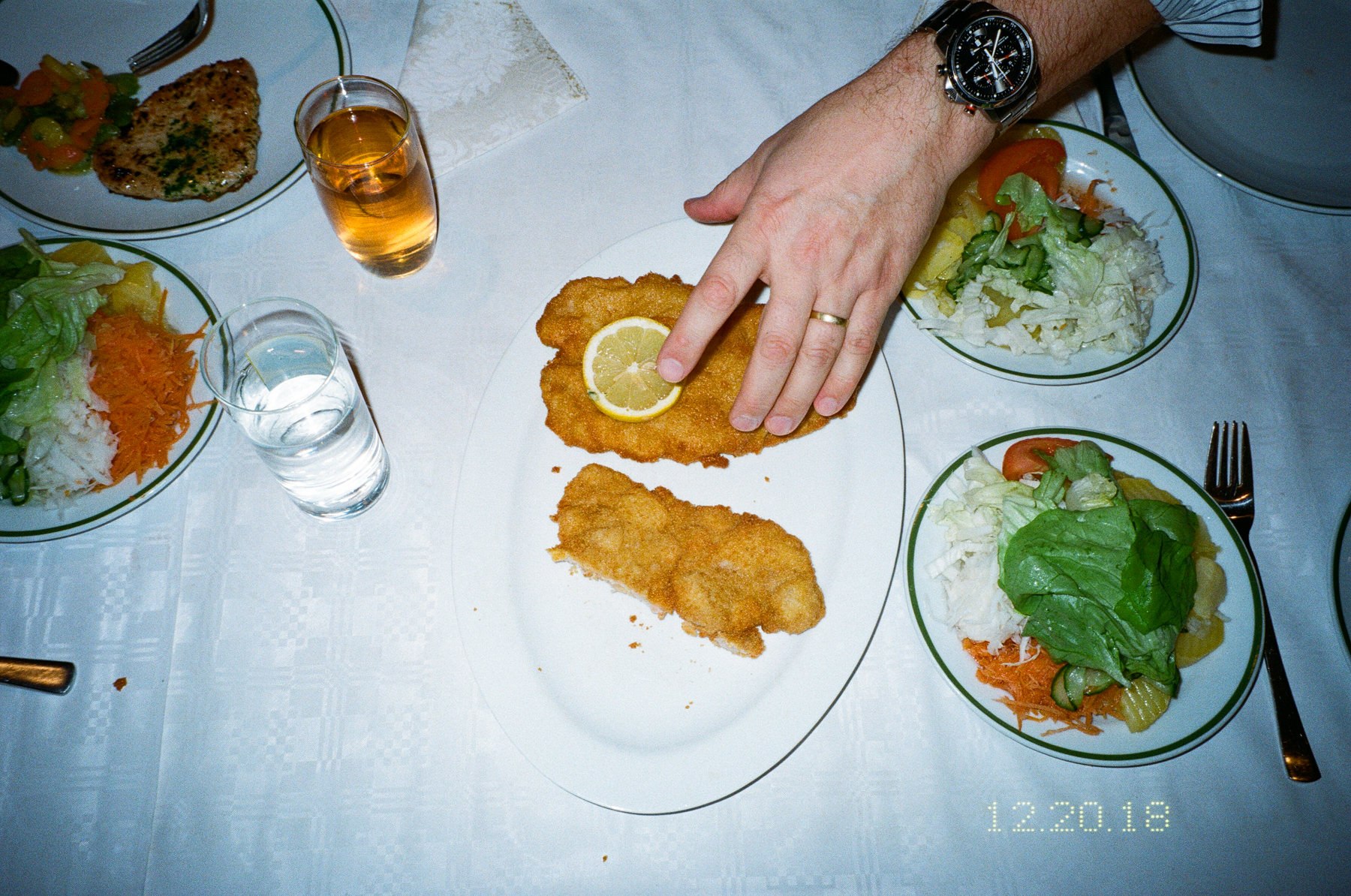
She watched her family’s life move on without her. Her grandmother passed away without her by her side. Her sisters’ children grew up without knowing her. A wedge distanced their familial relationship until she became a shadow in her own family, a wallflower from afar. When she received her green card in the mail, she couldn’t wait to get home. Once she arrived, she forgot what it meant to feel and be at home.
“What hit me the most was that I felt like I almost didn’t belong,” Marie says. “I had been dreaming of returning home, and when I got there, I wasn’t prepared for the shock I felt. That’s what this book is about. During my stay, I went to a quarry where I used to go with my dog, and I thought, ‘This was once my universe.’ And that is how the title came about. I think I had been thinking subconsciously about how all that was around me was all that I once knew — it was my world, my space, my universe. But standing there then, it all seemed so impossibly unreal.”
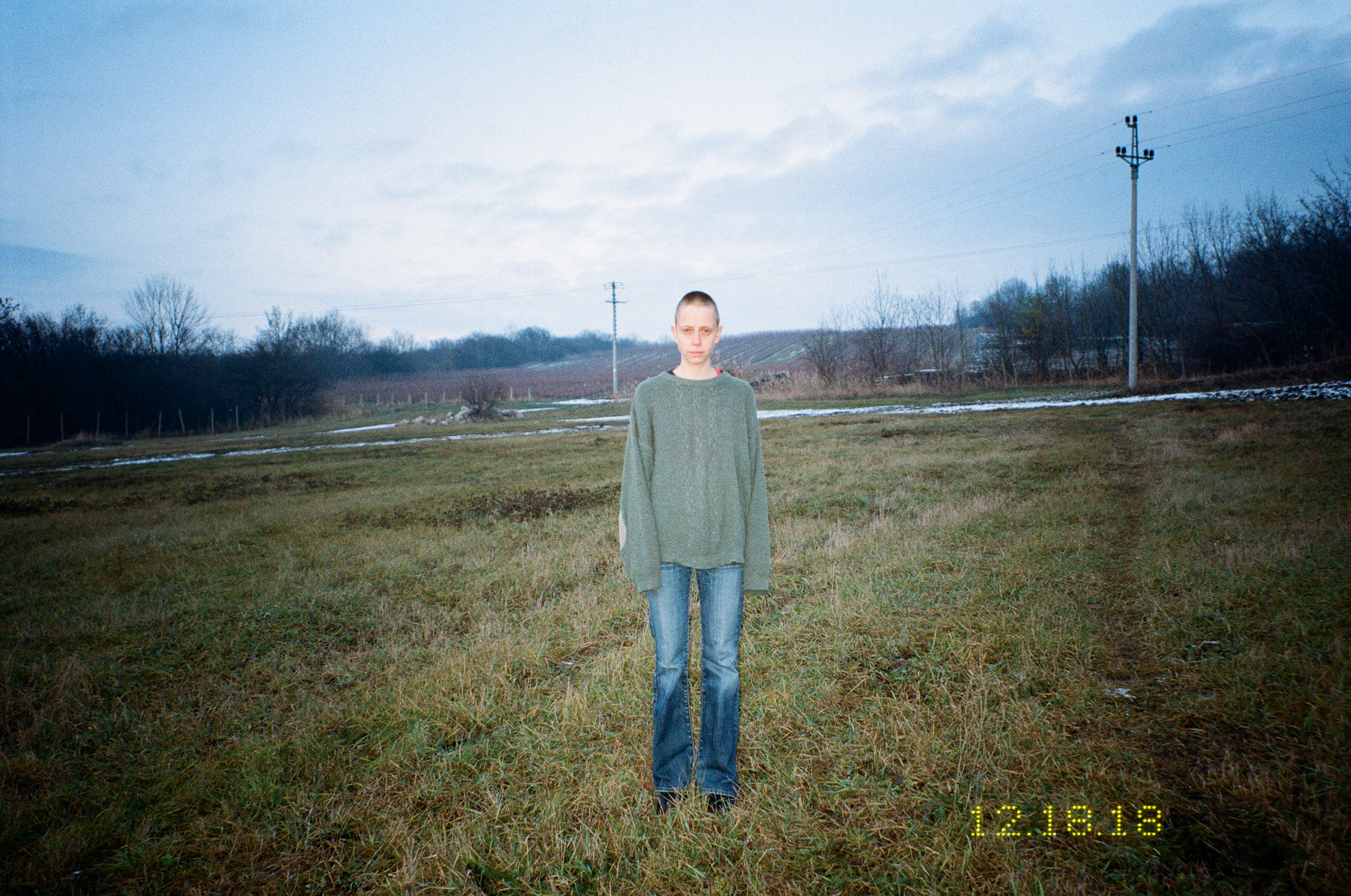
For “In My Dad’s Sweater (All That is Left)” (2018), she woke up early the day after her flight, put on her Dad’s sweater, and took a self-portrait behind the family’s farm on a cool, cloudy morning post-sunrise. The sweater is all she has left of her father, who died two days before her 16th birthday and never saw her open his gift to his daughter, a Salvador Dalí book. “I remember him wearing the sweater a lot, and I used to wear it during my late teenage years and before leaving for the US. It made me feel closer to him in a way even though he was long gone,” she says. “His death changed our family. It changed everything.”
One of the many changes she witnessed was when her mother married her stepfather, Will. In “Chairs (Will and Mom)” (2018), she captured a couple of chairs where the pair always sit, bathed in sunset light from the slit of the curtains behind her. The change, more than the family dynamics, tied in with how she processed her work. “I became more comfortable with my style and photographs where there was a bit of nostalgia, a sweetness, a memory. In that process, I started to feel less estranged from home,” she says. Soon, she collected photos that reminded her of home and former self: the family horses Pum and Gabi being guided into the stables, her home’s isolated-looking street, their fat goat Mekky, a hand grabbing the second to the last piece of Schnitzel during a family dinner, snow time in Mikulov, and Marie wearing her old clothes in her childhood room.

Marie was on a train from Prague to Vienna, passing by Mikulov, when she answered questions for this interview. The night before, she had been walking around Prague and realised that the place she feels most at home in her birth country is her hometown alone. She’s started thinking of living between Mikulov and New York City in the future. “This is where my family and my most dear friends are, the people I grew up with. People, relationships, and connections — these are important to me.” Every photograph in It Was Once My Universe reveals just those, becoming a family photo album outsiders are privileged enough to look into.
‘It Was Once My Universe’ is on view 22 September – 13 November 2022 at Super Labo, Tokyo, Japan
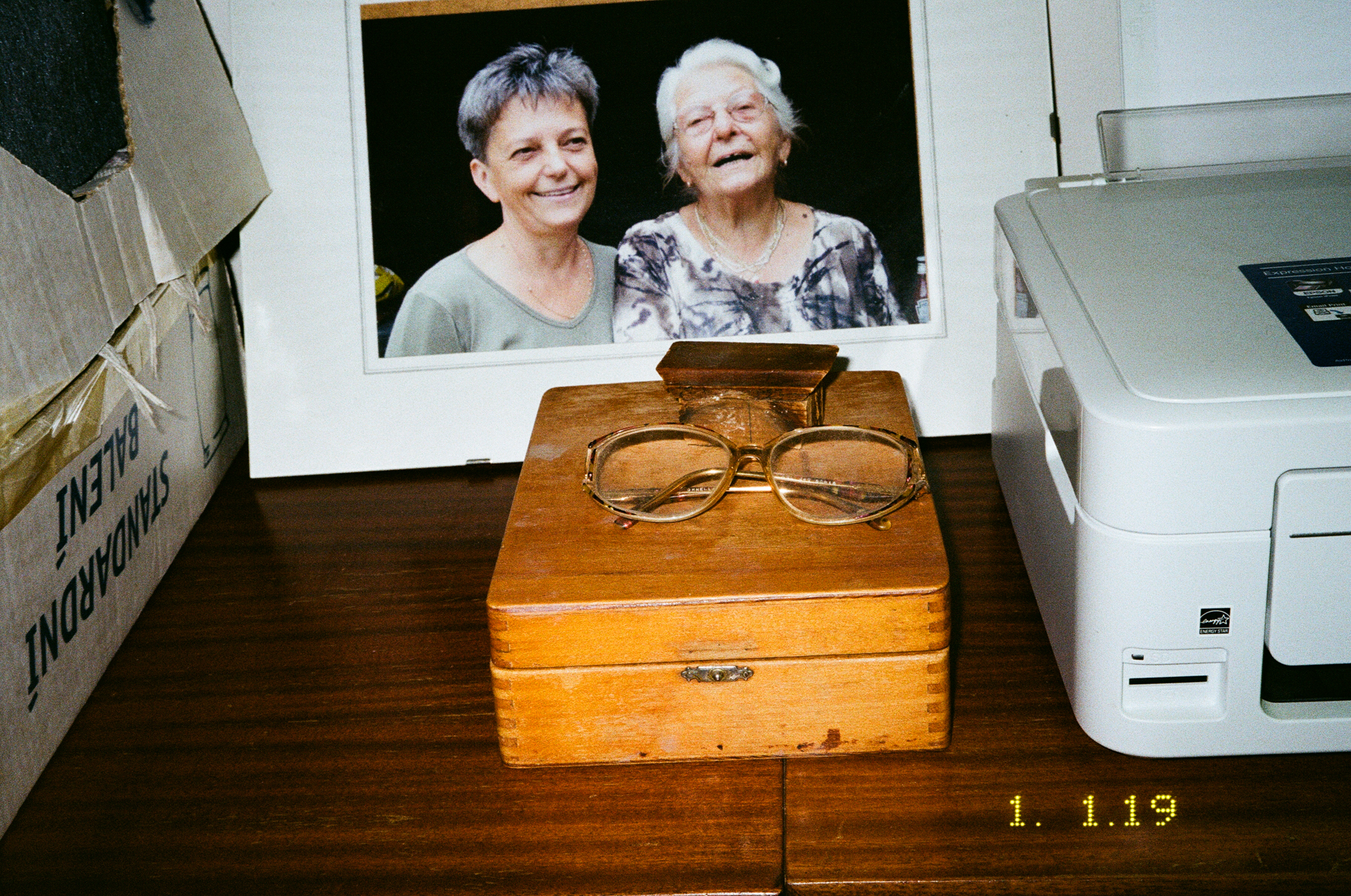
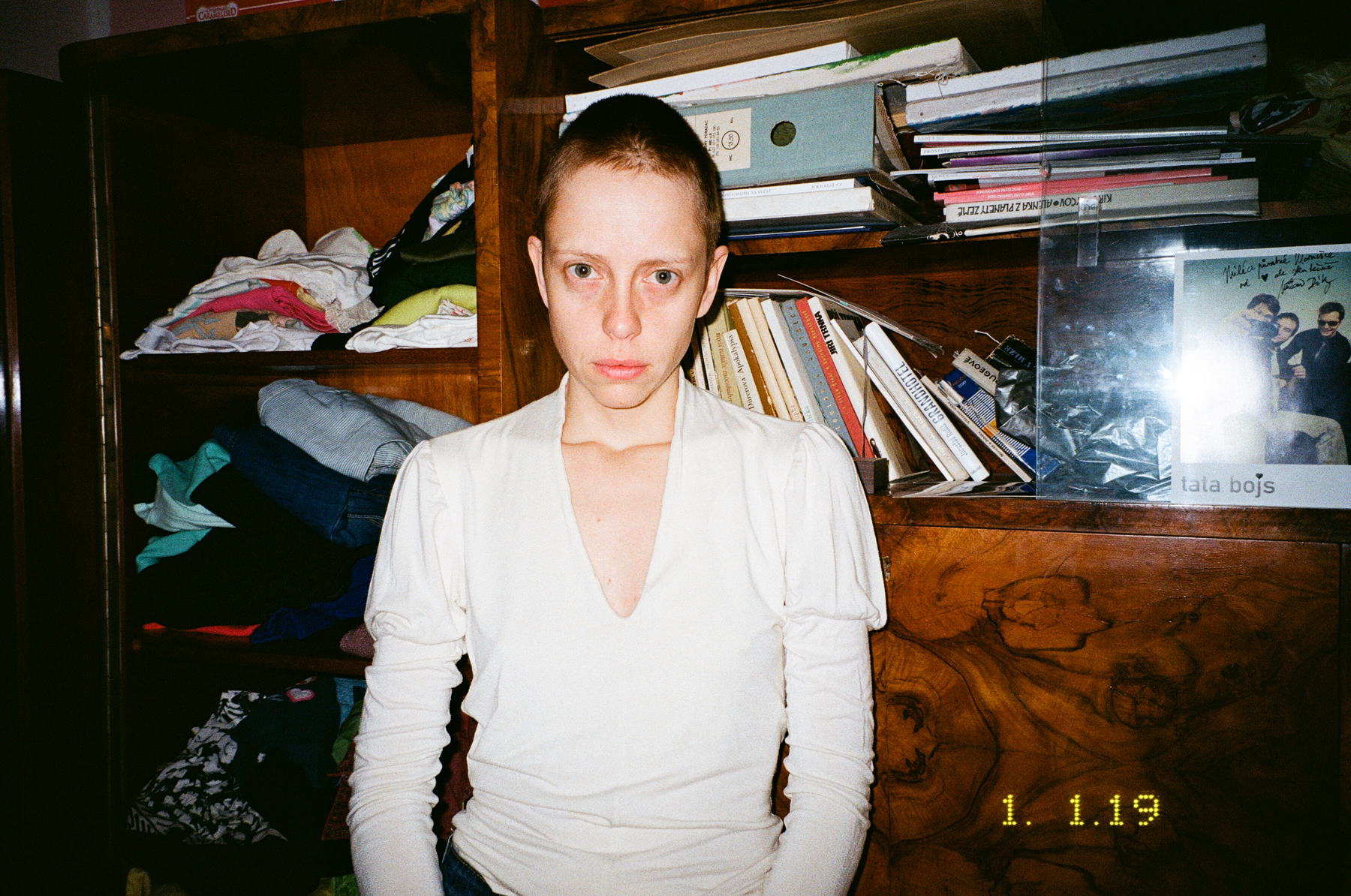
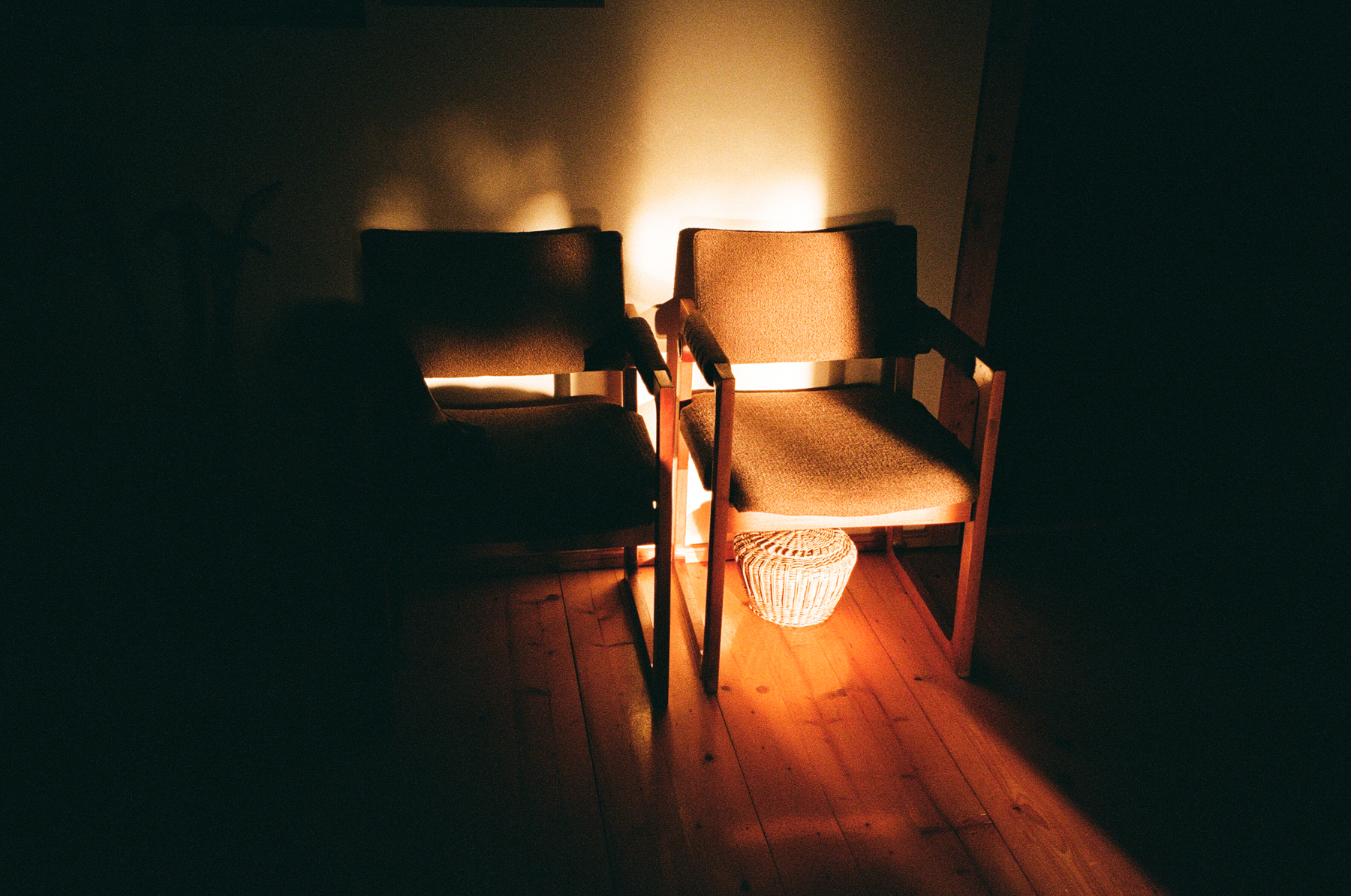
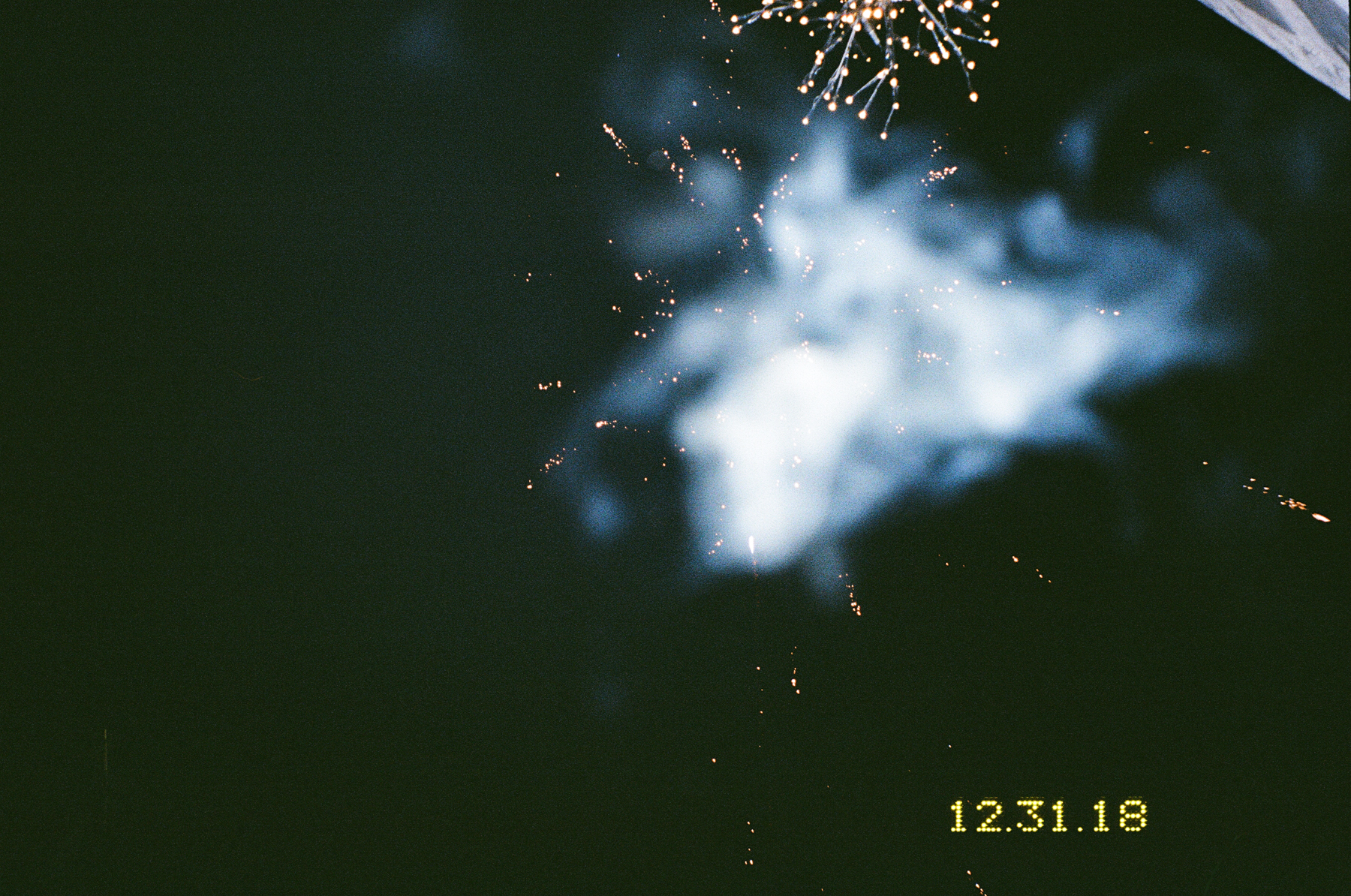
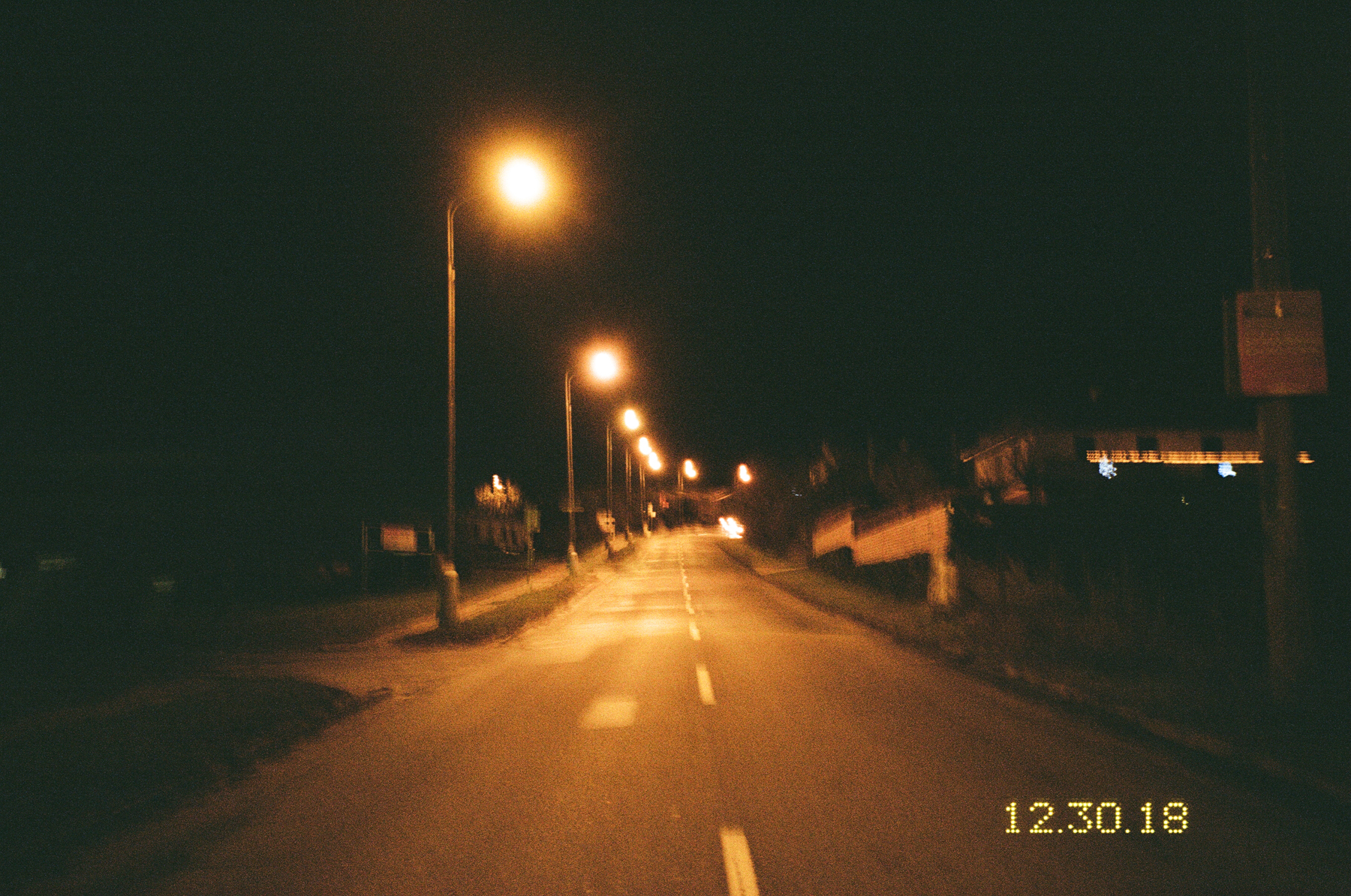
Credits
All images courtesy Marie Tomanova
